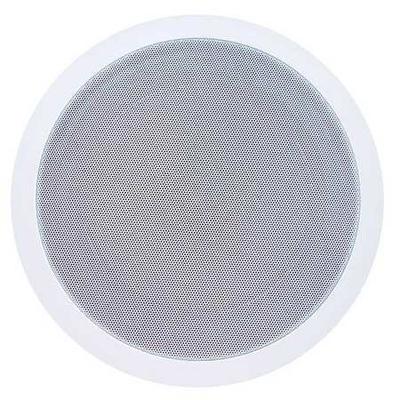Crohns disease is a bowel disease which causes inflammation of the digestive tract. This condition affects about 200,000 people in the country every year and can be a chronic condition. Complications associated with Crohns diseases can be life-threatening in some cases and can cause abdominal pain, diarrhea, leading to weight loss and fatigue.
Initially, it was thought of as an autoimmune disorder wherein the immune system starts attacking the body itself. Crohns disease has however been identified as bieng a result of the immune system targeting certain viruses and bacteria which are known to cause common infections.
Chronic inflammation of the digestive tract can also cause other parts of the body to become inflamed, affecting the eyes, skin, mouth and joints. Kidney stones can also develop in the bladder as a result of the disease. This condition also diagnosed in children, has known to affect their growth and sexual development.
Ther are no known causes of Crohns disease. However, any abnormality in the immune system is associated with the developing condition. Inflammation can be caused due to a number of reasons including bacteria in the lining of the digestive tract.
Noticeable Crohn diseases symptoms include:
- Chronic diarrhea, which one of the persistent indicators of Crohns symptoms and signs commonly affecting people, with the stool containing mucus or pus and even blood.
- Weight loss, which is the result of reduced diet. A feeling of fullness in your stomach can trick you into thinking you don’t need to have anything which affects your diet and appetite, ultimately your weight.
- Fever, which is a result of all the complications.
- Pain in the abdomen coupled with a feeling of tenderness in the abdominal muscles.
- Bleeding from the rectum is another visible indicator of developing Crohns symptoms and signs.
- Inflammation of the digestive tract will result in life-threatening complications like bowel perforation, abdominal distension, severe pain, and fever.
Diagnosis methods basing on the various Crohns symptoms and signs include:
- Lab tests and diagnostic procedures include a review of your medical history, after which a gastroenterologist which recommend colonoscopy or sigmoidoscopy to extract the bowel tissue for analysis.
- Since the condition is known to affect other parts of the body which might get inflamed, tests like upper endoscopy to check the esophagus and capsule endoscopy to check the small intestine are performed.
- General tests recommended by your health care provider include blood tests, stool sample tests, CT scan or MRI of the gastrointestinal tract.
-
POWER IT UP BY IMPECCA 6FT USB-C to HDMI 4K High Speed Cable in Black | Wayfair A-HDC206x5-604
$81.99BUY NOW -
-
-



